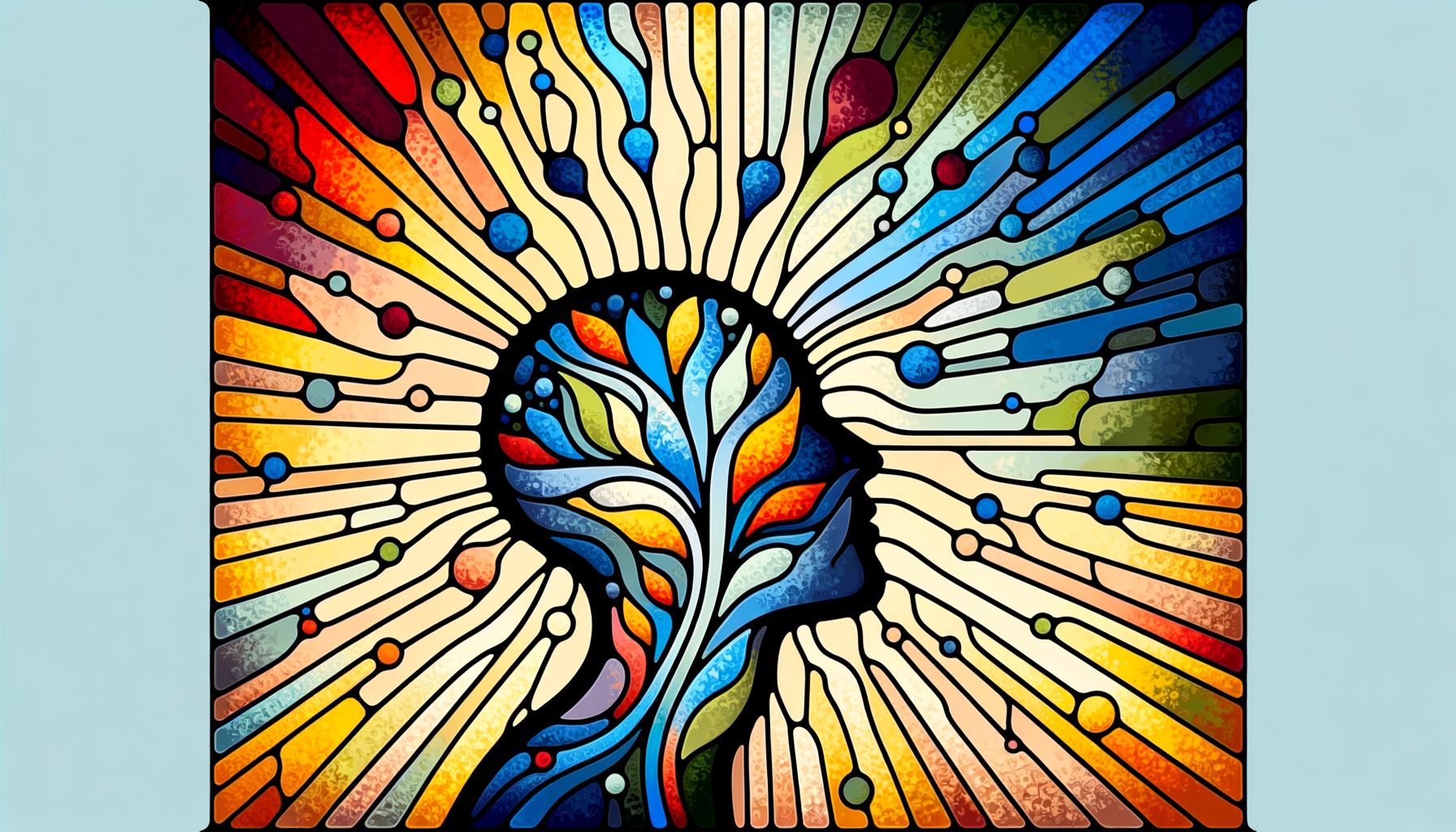How They Overcame Self-Doubt and Grew into Their Role
You know those moments when you’re convinced everyone around you is undoubtedly cooler, smarter, and more qualified than you? Like you’ve somehow gotten a golden ticket to Willy Wonka’s Chocolate Factory of life but are sure someone’s going to discover you snuck in without permission? Yeah, me too. Impostor syndrome has a way of showing up uninvited, but learning to escort it out the door? That’s where the real growth happens.
Bear with me; I promise this isn’t a story about wine—not entirely, anyway.
The Vineyard of Self-Doubt
Growing up in Napa Valley, I spent most of my life surrounded by endless rows of sun-kissed grapevines. Romance hummed in the air—whether it was the rustic charm of wooden wine barrels or the tinkling of crystal glasses in a candlelit tasting room. “Ah,” you might think, “what a picturesque, dreamy place to grow up.” And you’d be right...sort of. But romantic backdrops don’t come with instructions on how to feel like you belong in them.
I was a wine educator by my mid-twenties, teaching tasting techniques to people who probably had cellars larger than my apartment. My job required poise, confidence, and a certain air of authority—qualities I didn’t feel I naturally possessed. I’d listen to myself tell someone to “notice the delicate floral notes” of a new rosé and silently wonder, Who do you think you are, Briar? My internal monologue wasn’t subtle.
The Turning Point—and a Tarte Tatin Epiphany
The moment I started turning that narrative around? It happened in France. My semester abroad was equal parts culinary education and emotional implosion. One afternoon, I attempted a tarte Tatin—essentially an upside-down caramelized apple tart drenched in self-loathing. My French professor hovered, watching me hesitantly arrange apple slices. Finally, she bluntly said, “Arrête.” Stop. “It’s dessert, Briar. Not a life-or-death situation.” For some reason, those words stuck with me. I let the apples fall where they may—quite literally—and somehow ended up with a dessert that wasn’t perfect but was perfectly mine.
That moment (and the buttery pastry) taught me that imperfection isn’t synonymous with incompetence. Confidence isn’t about knowing everything. It’s about showing up, being curious, and forgiving yourself for not always having the answers.
Cultivating Expertise in the Face of Impostor Syndrome
Now that I’ve teased you with half a plate of self-reflection, let’s get practical. Confidence doesn’t bloom overnight, but it does grow with intentional care—kind of like a grapevine. Here’s what helped me move from timid novice to someone who can confidently (and unapologetically) pair a Grenache with a slice of supermarket pizza.
1. Lean into Curiosity
When I first started leading wine tastings, I felt like I had to know everything—the acidity levels of obscure varietals, the soil pH of southern Tuscany. Newsflash: I didn’t (and I still don’t). Letting go of the pressure to be omniscient gave me space to ask questions without shame. Whether you’re learning a new skill or navigating a fresh relationship, curiosity is your secret weapon. Ask questions. Follow breadcrumbs. Growth starts when we open ourselves to learning, not when we pretend we’ve got it all figured out.
2. Own Your Awkward
Take it from someone who once mispronounced “Gewürztraminer” in front of a room full of wine snobs—awkwardness is inevitable. But rather than treating it as an indictment of your value, try reframing it. If you flub a speech, laugh about it. If you forget the difference between a Malbec and a Merlot, own it. Confidence doesn’t come from being flawless; it comes from accepting your flaws and carrying on anyway.
3. Fake It (to Start)
I’m not saying you should lie, but sometimes you have to channel Beyoncé energy even when your body is radiating first-season-Alexis-Bledel-in-Gilmore-Girls vibes. Confidence doesn’t magically descend upon the unsure; it’s something you build by practicing over and over again. You’re not being a fraud—you’re teaching yourself how to believe in your own ability.
4. Find a Mentor—or a Cheerleader
I studied under people who could swirl a glass of Chardonnay with such precision it looked like ballet. But the ones who influenced me most weren’t necessarily the most skilled—they were the kindest. Mentors and friends who cheered me on, even when I stumbled, made me feel like I deserved to be in those spaces. Surround yourself with people who encourage you to grow rather than those who keep reminding you where you’re falling short.
Vintage Confidence: Aged to Perfection
I’m not going to lie to you and say I don’t still have the occasional flare-up of impostor syndrome. It happens. Just the other day, while consulting on a vineyard’s new menu pairings, I second-guessed everything I was about to present. But here’s what I’ve learned: Confidence isn’t about a complete absence of doubt. It’s about deciding to trust yourself despite that doubt.
When I stand in front of a crowd (or a lovingly chaotic tarte Tatin), I remind myself I’ve been planting seeds for years. Every apple slice I’ve dropped or awkward pronunciation I’ve butchered? They’ve all contributed to my growth.
Your Moment to Shine
So, whether you’re starting a new job, diving into a new relationship, or trying to perfect Julia Child’s boeuf bourguignon, remember: You don’t need to be flawless. You only need to show up, imperfections and all. Charming confidence is less about knowing everything and more about being okay with learning along the way.
You, my friend, are the right vintage. You don’t have to be the flashiest label on the shelf—you just need to pour yourself into the moments that matter, one sip at a time. Cheers to that.




















